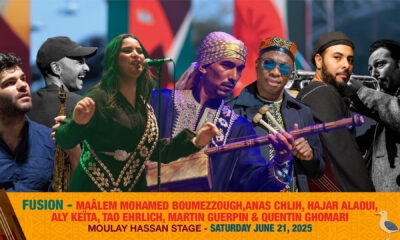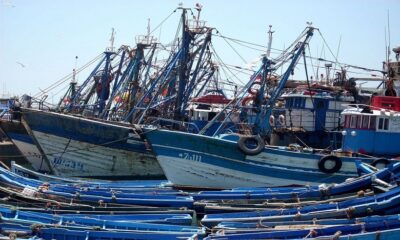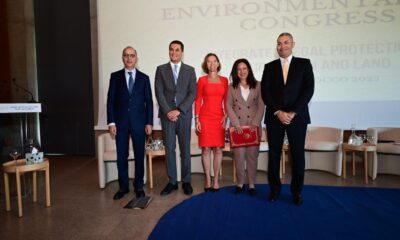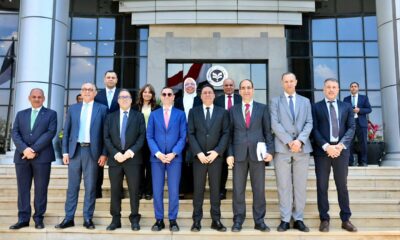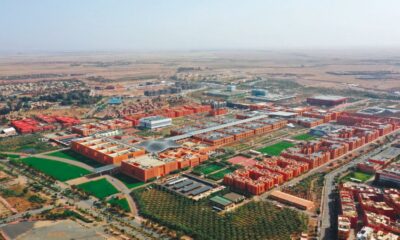Influences
Morocco-Sahel: A Resolutely Forward-Looking Narrative
Between the Kingdom and the Sahel States, there is a long history of friendship and partnership. The narrative of these relations, against the backdrop of the Atlantic Initiative, is now pivoting toward a new chapter.
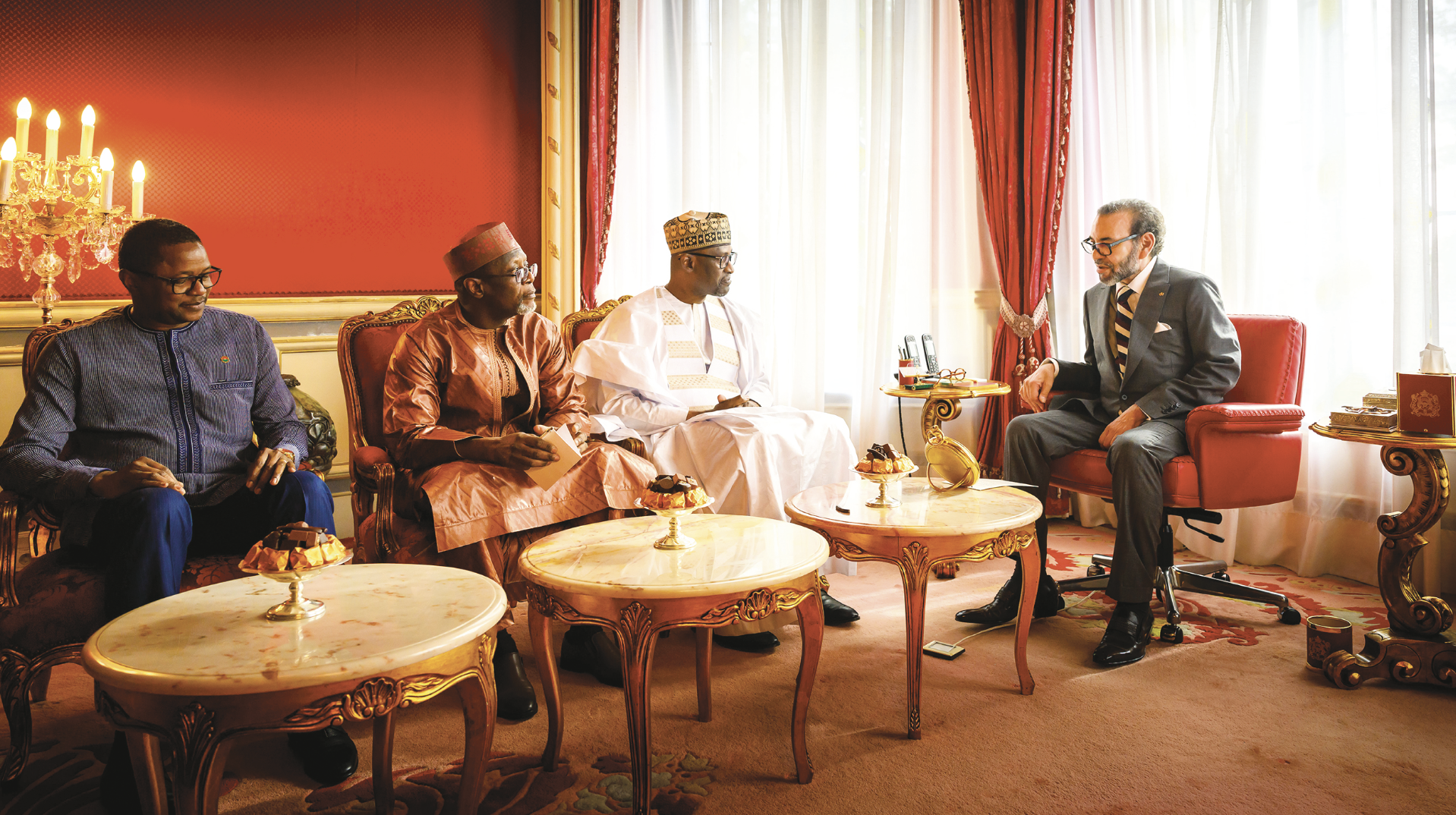
A confirmation, if further proof were needed. South-South co-construction is a Moroccan doctrine, particularly toward its African depth and beyond. The royal audience granted to the foreign ministers of the three countries of the Sahel Alliance States Confederation (AES) at the Royal Palace in Rabat offers yet another demonstration of this.
On Monday, April 28, King Mohammed VI received, jointly, the foreign ministers of Mali, Niger, and Burkina Faso. This audience, as one would understand, aligns with the framework of ‘the Kingdom’s strong and longstanding relations with the three brotherly countries of the Sahel Alliance States, which have always been marked by sincere friendship, mutual respect, active solidarity, and fruitful cooperation.’
During this audience, the three foreign ministers conveyed to the Sovereign the gratitude of their Heads of State for Morocco’s unwavering attention to the Sahel region, as well as for the King’s actions and initiatives in support of the economic and social development of the region’s countries and their populations.
The AES foreign ministers’ delegation—composed of Abdoulaye Diop of Mali, Karamoko Jean Marie Traoré of Burkina Faso, and Bakary Yaou Sangaré of Niger—particularly praised the Royal Initiative to enhance Sahel countries’ access to the Atlantic Ocean, reaffirming their full endorsement and commitment to accelerating its implementation.
Moreover, in a joint statement dated April 29, the ministers ‘reiterated the AES Confederation’s full support for the Royal Initiative aimed at facilitating their countries’ access to the Atlantic Ocean. They emphasized that this Initiative aligns with the vision of the AES Confederation’s Heads of State, who are committed to improving the economic development conditions of their countries, notably access to international markets.’
The Initiative, as stated by the Minister of Foreign Affairs, Cooperation, and Nigeriens Abroad, represents ‘a golden opportunity for the three countries.’ This is especially true given its significance as a major economic stake for these landlocked states, which, through the Initiative, will gain access to international markets—a move that will undoubtedly boost their economies and drive development for the benefit of their populations.
Non-Interference
They also emphasized their appreciation for the ‘renewed willingness’ of the Sovereign to ‘strengthen the Kingdom’s relations with the Sahel States, within the framework of South-South cooperation, of which Morocco is a pioneer,’ as stated in the same document.
This echoes the remarks of Abdoulaye Diop, who asserted following the royal audience that ‘His Majesty the King has reaffirmed the full availability of the Kingdom of Morocco and its commitment to ensuring that cooperative relations are strengthened and deepened (…) in service of peace, security, and stability.’
Similarly, the foreign ministers ‘commended the Sovereign’s renewed willingness to bolster his country’s ties with the Sahel States Confederation, under the umbrella of South-South cooperation, which Morocco has long championed,’ the communiqué stressed.
Furthermore, the delegation highlighted ‘the high regard of the Sahel States Confederation (AES) Heads of State Council for the Kingdom of Morocco’s objective and constructive approach toward the political situation in AES countries—particularly Morocco’s respectful posture, grounded in non-interference in their domestic affairs.’
This is Morocco, a nation that enshrines non-interference as a cornerstone of its foreign policy. While it stands ready to support its continental partners, it firmly refrains from meddling in their internal matters.
But the Kingdom’s contributions extend further. Indeed, Rabat is actively advocating—particularly within the African Union—on behalf of these three nations and others suspended by the pan-African organization’s bodies.
Having assumed the presidency of the AU’s Peace and Security Council (PSC) last March, Rabat announced its intent to propose a resolution aimed at reinstating these countries. An ‘unprecedented initiative,’ as some observers noted, ‘one that sparks considerable hope.’
Identification
It goes by multiple names, but its objectives are clearly defined: The Sahel Alliance States (AES) was established to counter potential threats of armed rebellion or external aggression against its three member nations—Mali, Burkina Faso, and Niger. Initially founded in September 2023 as a mutual defense pact, the organization took shape to address shared security challenges.
In July 2024, the three countries decided to transform the alliance into a confederation.
Since its inception, and amid persistent terrorist threats looming over the region, coordination among the members has grown steadily stronger. However, the alliance’s goals extend beyond security concerns.
Indeed, during its first summit in 2024, the three nations affirmed that this alliance seeks ‘deeper integration’ among its members. Proposals include the introduction of shared mechanisms, such as a common passport and currency.

